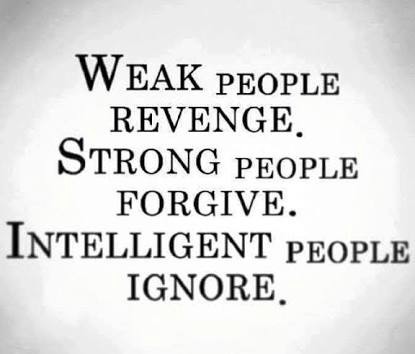Flaubert and the art of the day job
/I just learned about Flaubert’s dictum:
“Be regular and orderly in your life like a bourgeois, so that you may be violent and original in your work.”
I love this.
It is excellent advice for any writer, artist, actor, musician, or similarly creative person who hopes to launch a successful, profitable, sustaining career in their field upon stepping out into the world.
When I finally made it to college, I knew that I wanted to one day be an author. But I also knew that becoming an author would be easier said than done, so I would need a means of earning a living while I tried to start my writing career.
Thankfully, I had also always wanted to teach.
“Write for a living and teach for pleasure” was my dream.
So while in college, I earned an English degree with a concentration on creative writing while simultaneously earning my teaching degree, too. Not an easy task. Two degree programs is hard enough, but I was also managing a restaurant full time and working in the campus writing center part time as well. It also required exploiting a loophole that allowed me to take two full course loads at two different schools at the same time (including an all-women’s college), but it was important that I did both.
I knew that rent and food would not pay for themselves.
In Flaubert’s words, I knew that I would need to be regular and orderly in my life so I could be original in my work.
I started teaching at the age of 28. I sold my first novel when I was 36, and it published when I was 38. I’ve since published a total of four novels and a book of nonfiction, and I have three more books coming out in the next two years (including one next month). If I wanted to, I could retire from teaching today and earn a good living writing, speaking, and consulting.
But it took two decades after graduating from college to reach this point. It’s taken more than a decade since I sold my first novel to achieve this reality.
I had to be regular and orderly in my life for a long time before I could finally earn a living through my art.
The problem is that I love the kids. I love working with my students. Teaching them is an art in itself, and it’s not one that I’m willing to give up. At least not yet.
But I meet high school and college students all the time who are unwilling to do the regular and orderly work so they can be original in their own work. They want to be a writer or an actor or a sculpture and say things like, “I need to invest every ounce of energy into my art” or “I can’t try halfway” or “I need to do this when I’m young and not burdened by responsibility.”
This is all nonsense, of course. Einstein wrote his General Theory of Relativity while working as a patent clerk. John Grisham wrote his first two novels on legal pads while working as a lawyer. Harper Lee worked as a ticket agent for Eastern Airlines while writing “To Kill a Mockingbird.” Phillip Glass worked as a plumber and a cab driver while writing his music. Henri Rousseau was a tax collector, and even after his art began to sell, he would sometimes play the violin on the streets to make ends meet.
All of these people and many, many more - most artists of every kind - adhered to Flaubert’s dictum:
“Be regular and orderly in your life like a bourgeois, so that you may be violent and original in your work.”
You have to eat if you want to create.
It’s good advice for artists, but there is another side to this coin. I think it’s also good advice for those who don’t see themselves as artists. Folks who may be creative in some way but can’t imagine ever making something or doing something that people would someday love and admire. Lots of people - most people, I think - start to see themselves in a singular light rather than finding the courage or strength or willingness to step out of that light and into something else.
These are the people who loved to write or paint in high school or college but gave it up when they began their career. They are the actors who performed in college plays or community theater but surrendered that love to the demands of the everyday world. They are the people who have always wanted to learn the piano or have thought about sculpting when they retire or have an idea for a business that seems impossible to get off the ground.
These folks are already adhering to the first half of Flaubert’s dictum. They are already regular and orderly in their lives. Maybe they just don’t know that they can be original and violent in their work, too. Maybe they assumed that all artists devote their lives to their art. Perhaps they envisioned artists as folks toiling away in studios and offices and theaters for every waking hour of their life.
Maybe they didn’t know that quite often artists are also attorneys and patent clerks and plumbers and teachers.
People just like them, being regularly and orderly in our lives so we can be creative and violent in our art.
Maybe they could be one, too. That is what I hope Flaubert’s dictum inspires people to do:
To see themselves as potential artists, not limited by their current career or station in life, just waiting for them to step out of their singular light and into something new.


















